China’s Mekong dams turn Thai fishing villages into ‘ghost towns’- Context
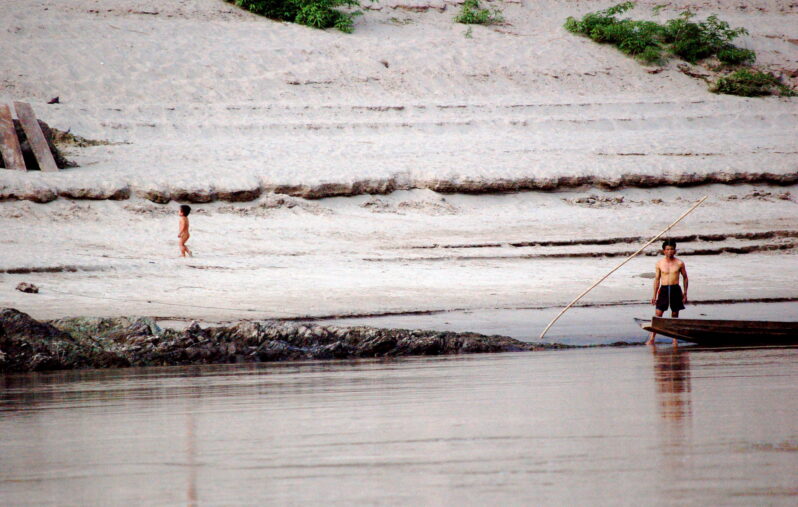
From February to April each year, Kam Thon spends most of her days knee-deep in the waters of the Mekong River by her village in northern Thailand, gathering river weed to sell and cook at home. Kam Thon and other women who live by the Mekong have been collecting river weed, or khai, for decades, but their harvest has fallen since China built nearly a dozen dams upstream. The dams have altered the flow of water and block much of the sediment that is vital for khai and rice cultivation, researchers say…
Bomb cyclone, atmospheric river, polar vortex: How our weather terminology has grown with recent wild storms – the Los Angeles Times
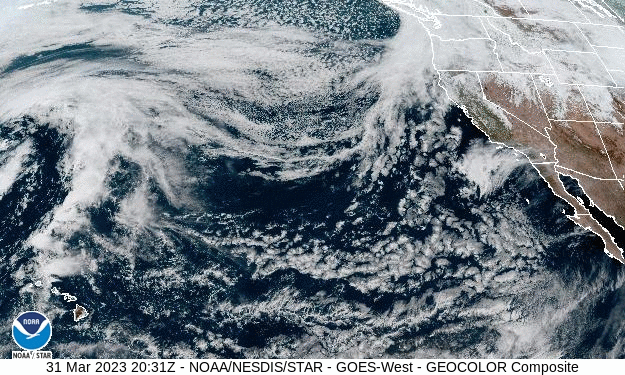
Californians have been warned over the past few months about weather ranging from a “vicious heat dome” to back-to-back “atmospheric rivers,” and the always-concerning “bomb cyclone.” While it might feel as though recent weather has been dominated by a string of new phenomena, experts say these terms and events are well-established in the scientific world but simply novel to much of general public…
New Land Creation on Waterfronts Increasing, Study Finds – AGU
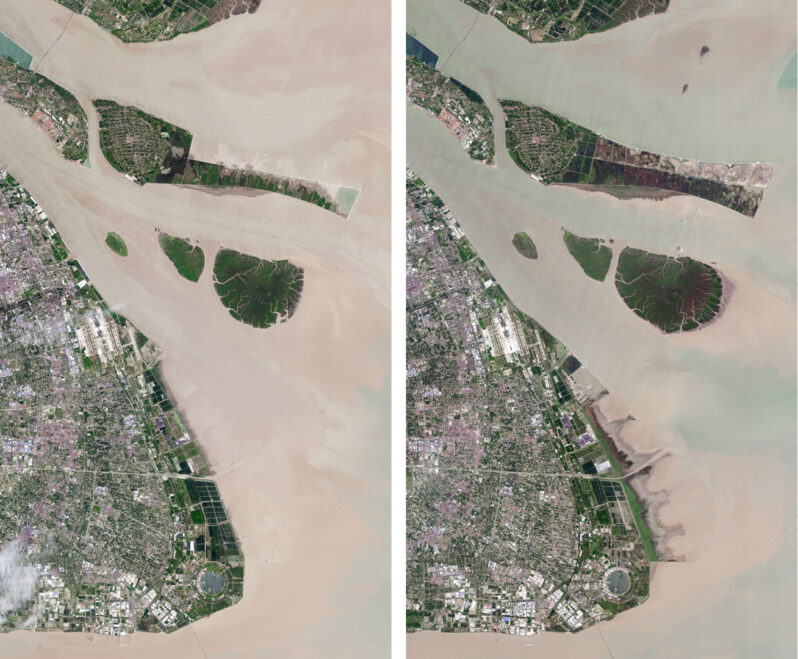
Humans have added approximately 900 square miles of land to urban coastlines this century, and we’re building more…
Humans are artificially expanding cities’ coastlines by extending industrial ports and creating luxury residential waterfronts. Developers have added over 2,530 square kilometers of land (900 square miles, or about 40 Manhattans) to coastlines in major cities since 2000, according to a new study…
Microplastics Are Filling the Skies. Will They Affect the Climate? – Yale Environment 360
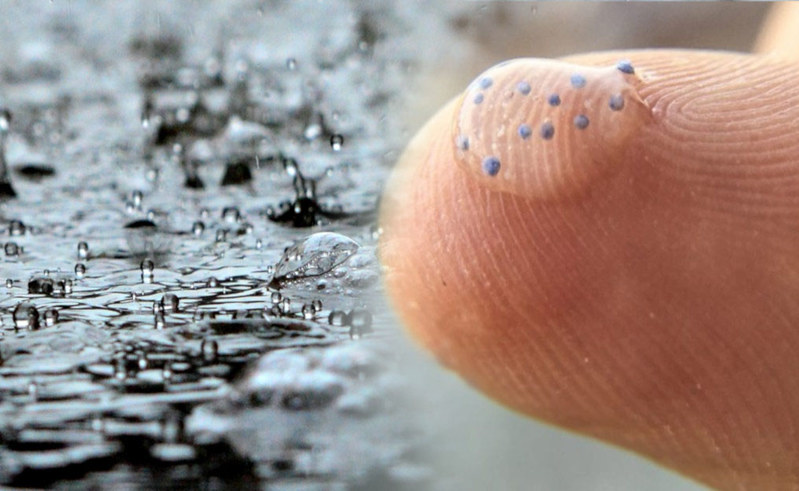
Recent studies reveal that tiny pieces of plastic are constantly lofted into the atmosphere. These particles can travel thousands of miles and affect the formation of clouds, which means they have the potential to impact temperature, rainfall, and even climate change.
Plastic has become an obvious pollutant over recent decades, choking turtles and seabirds, clogging up our landfills and waterways. But in just the past few years, a less-obvious problem has emerged…
The way of water: Can anything be done to save our disappearing beaches? – WA Today
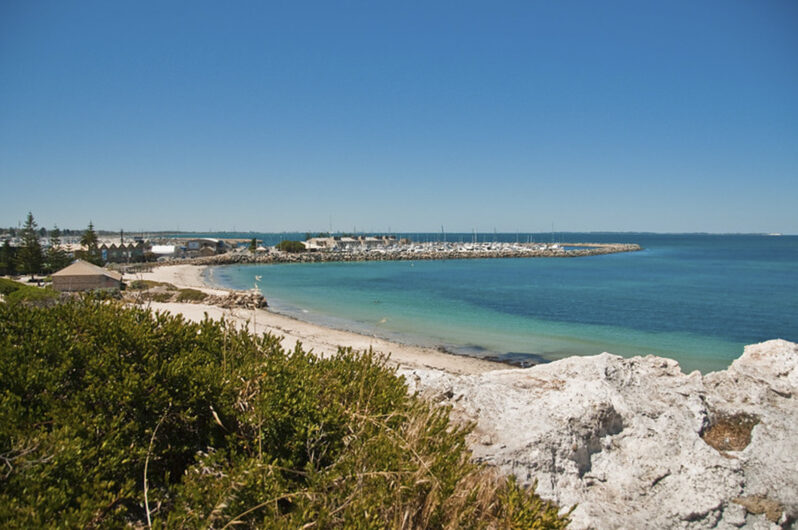
South Beach is a far cry from those wide-open ultra-Aussie surf destinations such as Scarborough and Trigg (the bit in front of Wilson Park is barely a kilometre long)…So you can imagine my shock when I recently popped down for a jog and a swim to discover that a good chunk of the white stuff that was so fundamental to my experience of Fremantle had disappeared…
Coastal crisis: It’s a race against time, and tide, for those living in Odisha’s coastal villages; here’s why – Down To Earth
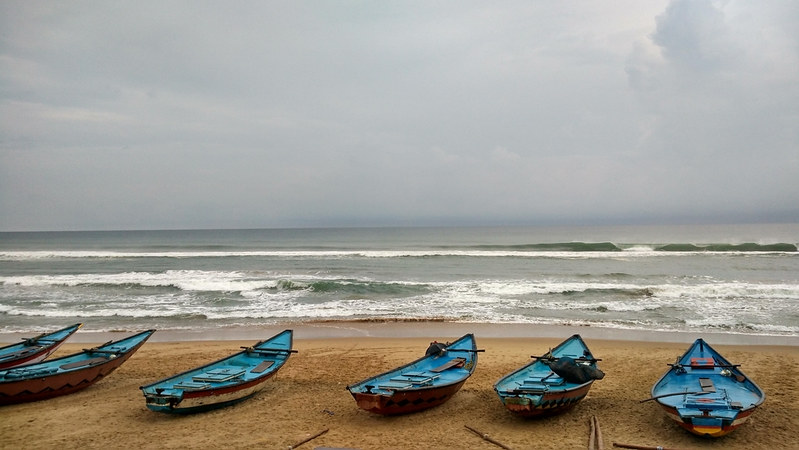
Odisha is fast losing its shoreline to rising sea levels. Its adaptation plans must not only be immediate but also foolproof…
It is a race against time, and tide, for those living in Odisha’s coastal villages. Data with the National Centre for Sustainable Coastal Management, Chennai, shows that 74 villages in the state are severely affected by shoreline erosion—the highest in the country…
Massive beach restoration project for Orange County coastline approved – CBS | KCAL News
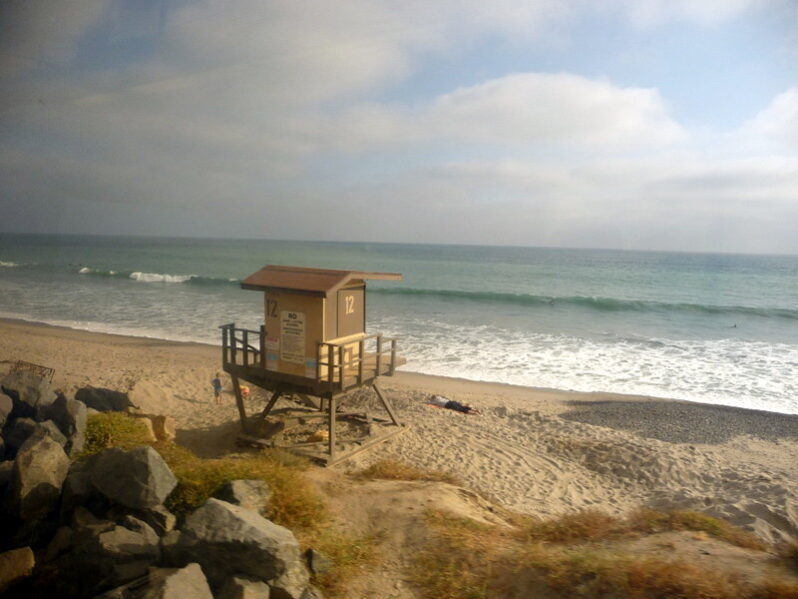
The Federal Government has agreed to a major beach restoration project in Orange County to restore almost 2 million cubic feet of sand lost to storm erosion over the past several years.
The sand will be dredged from the sea and added to replenish the coastline from Seal Beach to Bolsa Chica to Huntington Beach and as far as the Newport Beach Pier.
“We’re experiencing a large amount of receding of sand into the ocean,” said Kevin Pearsall, State Parks Superintendent.
The project will help protect property and roads from flooding. Seal Beach saw flooding in January.
“It’s nerve wracking that they have to do that, but time erodes everything,” said Colleen Walsh, a Bolsa Chica resident…
10 years later, see how Superstorm Sandy changed the Northeast – National Geographic
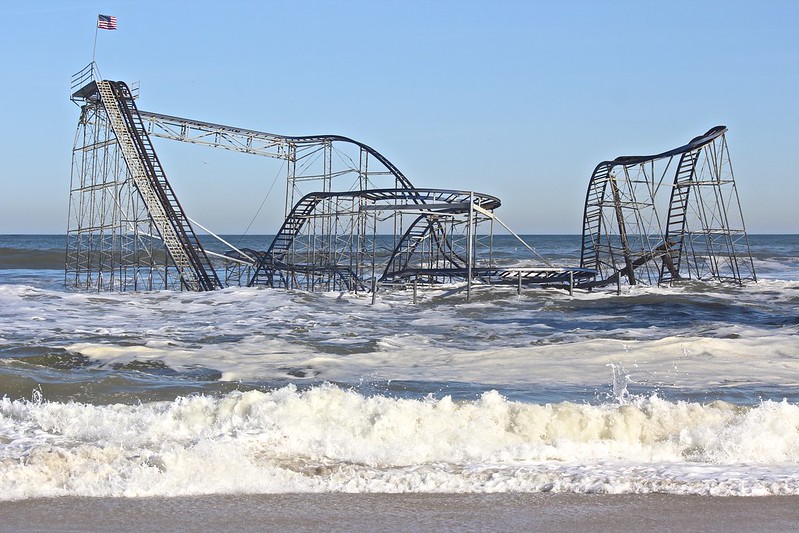
“When Sandy hit, New York City had zero coastal protections,” says Daniel Zarrilli, special advisor for climate and sustainability at Columbia University…”I credit Sandy as that pivotal moment that not only launched billions of dollars of resilience investments across the city…It also provided the spark for a whole range of other climate policies…”
Explore the shoreline with an underwater viewer – National Geographic
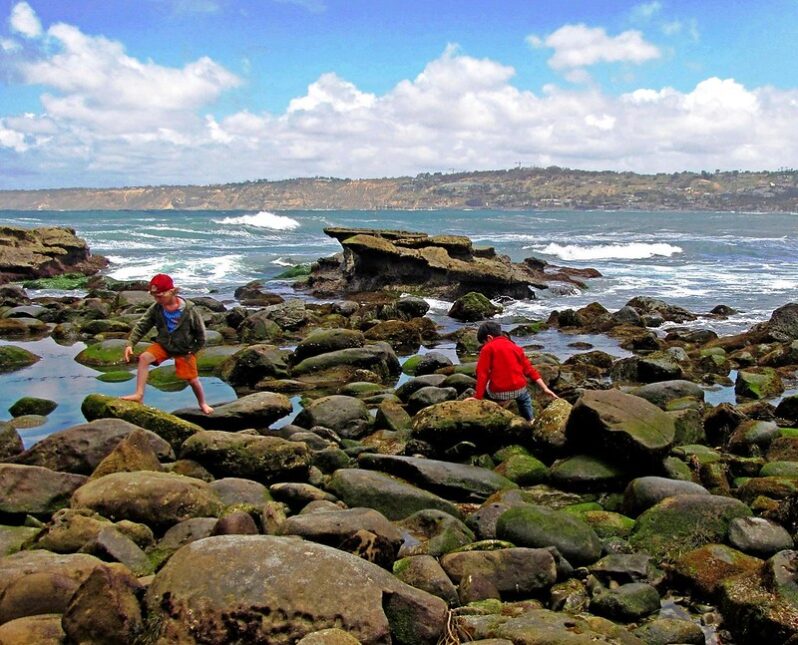
Show kids the importance of the shoreline, which provides an active habitat for wildlife and provides stability to the water’s edge. Help them make an underwater viewer to explore this important microhabitat…
